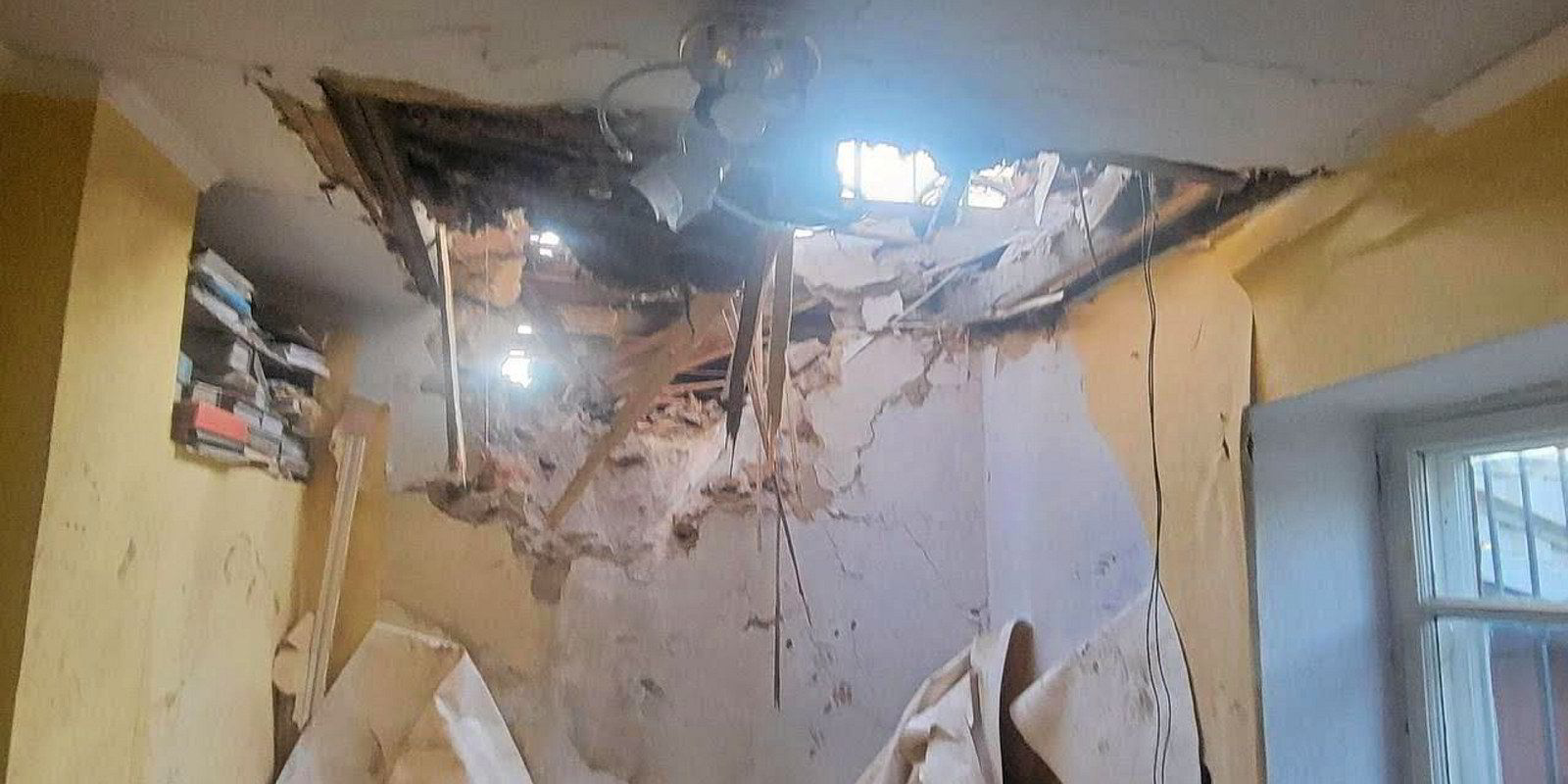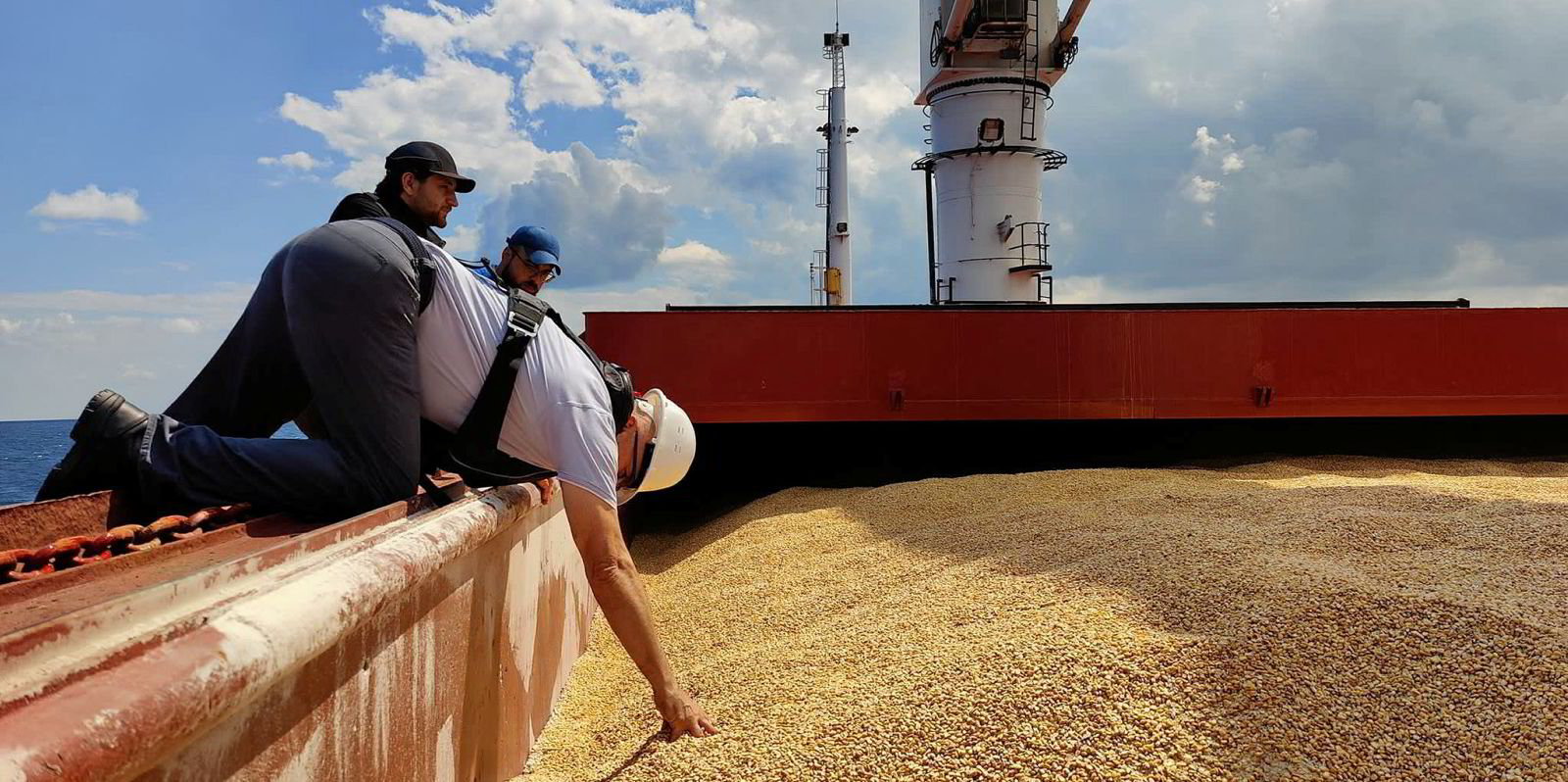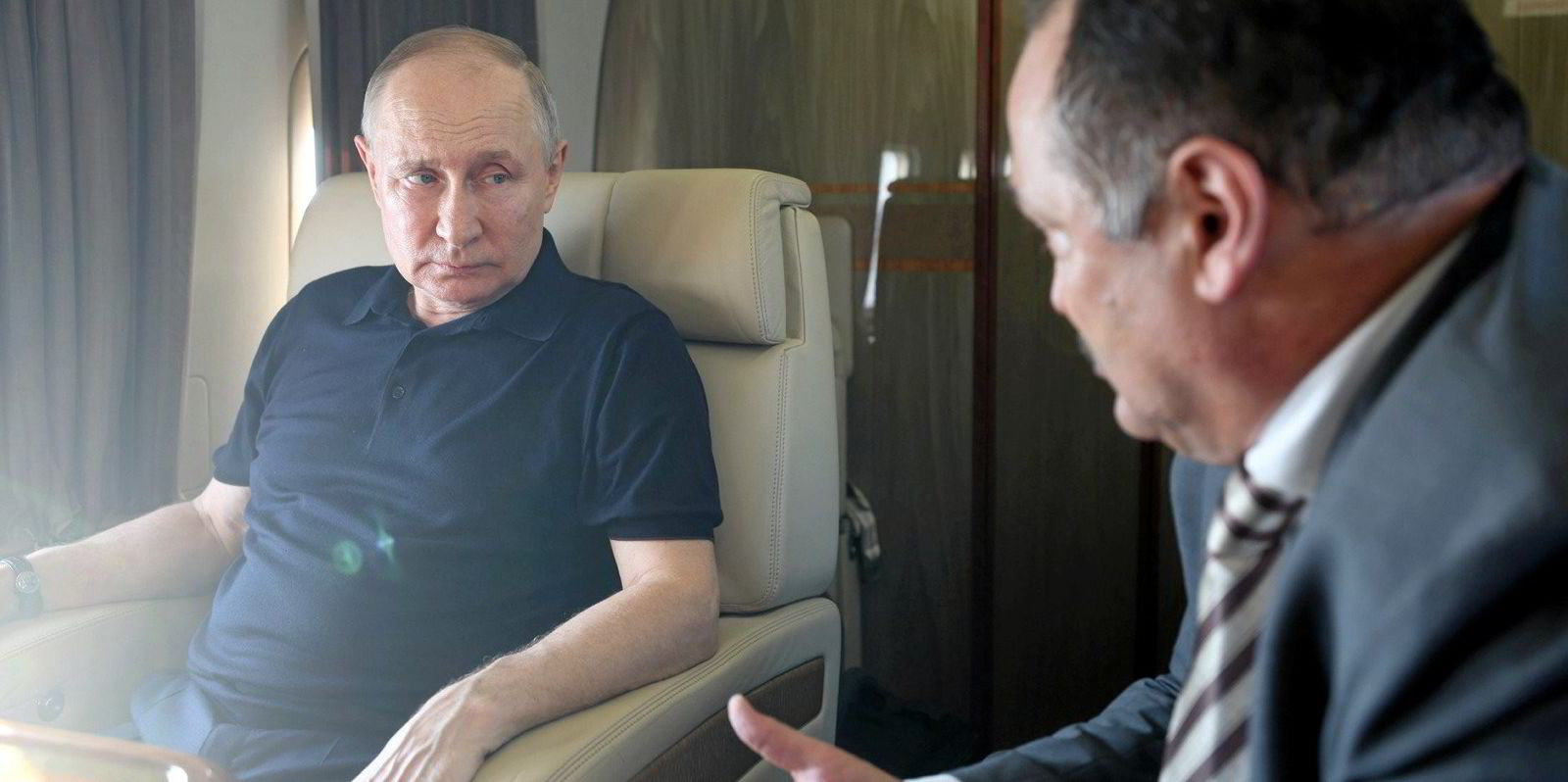A missile attack that damaged facilities near the port of Odesa highlights how difficult it will be for Ukraine to revive a grain export corridor in the Black Sea.
Ukrainian and Russian sources confirmed that missiles and drones launched from Russian Navy ships in the Black Sea hit Odesa on Monday night.
According to the Telegram channel of a Ukrainian official, “port infrastructure facilities and several private homes” were damaged — whether as a result of direct hits or by debris from downed missiles.
The Russian defence ministry announced that its forces struck a ship repair plant near Odesa, as well as fuel storage facilities close to Odesa and Mykolaiv — another big grain export terminal.
The ministry claimed that the ship repair plant was used to prepare unmanned boats that recently attacked Russian targets in Crimea, and that the fuel depots had been supplying the Ukrainian army.
The attack came one day after Russia pulled safety guarantees for waters near Odesa, through which the United Nations-led Black Sea Grain Initiative (BSGI) corridor used to pass. Moscow quit the initiative on Monday.
Apart from their stated purpose, Russia’s attacks may also serve as a warning to Ukraine to stop efforts to set up an alternative grain corridor under the possible protection of the UN, Nato or Turkey.
Ukrainian president Volodymyr Zelenskyy has pleaded with Turkish president Recep Tayyip Erdogan, who helped engineer the BSGI, to set up a new deal.
In statements on Monday, however, Erdogan signalled that instead of bypassing Russia, he would rather wait until President Vladimir Putin re-enters the BSGI.
Erdogan and Putin are expected to hold talks next month.
Moscow has said that it stands ready to rejoin the BSGI if some of its longstanding demands are met, mainly the removal of barriers to the country’s agricultural payments and the resumption of Russian ammonia exports through Ukraine.
The impression that Turkey is unwilling to spite Russia on the subject was strengthened later on Tuesday when news emerged about a telephone call held earlier in the day between Russian foreign minister Sergei Lavrov and his Turkish counterpart Hakan Fidan.
As an alternative to the BSGI, the ministers considered “other options for supplying grain to the countries most in need,” which would be “not dependent” on Ukraine and the West, the Russian foreign ministry said in a statement.
The Turkish foreign ministry has not yet made any statements on the discussion between Fidan and Lavrov.
Shipping experts have long warned that any attempt to revive the corridor without Russian approval is likely to fail.
It would take a daring shipowner to rely on Ukrainian insurance guarantees under the threat of Russian mines and port bombardment.
“No owner in their right mind would approach Ukraine under these circumstances,” one player told TradeWinds on Monday. “They would be basically uninsured”.





